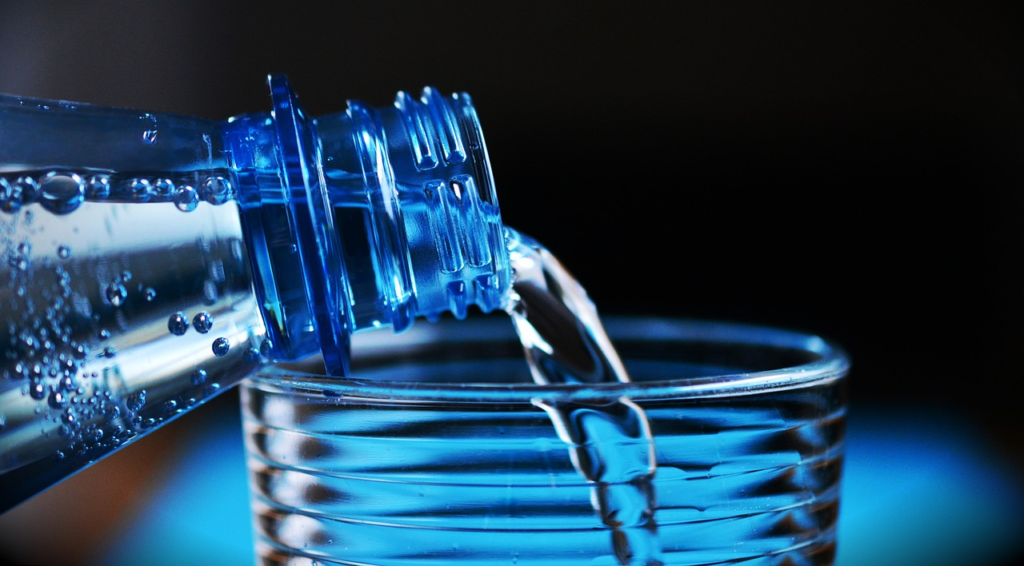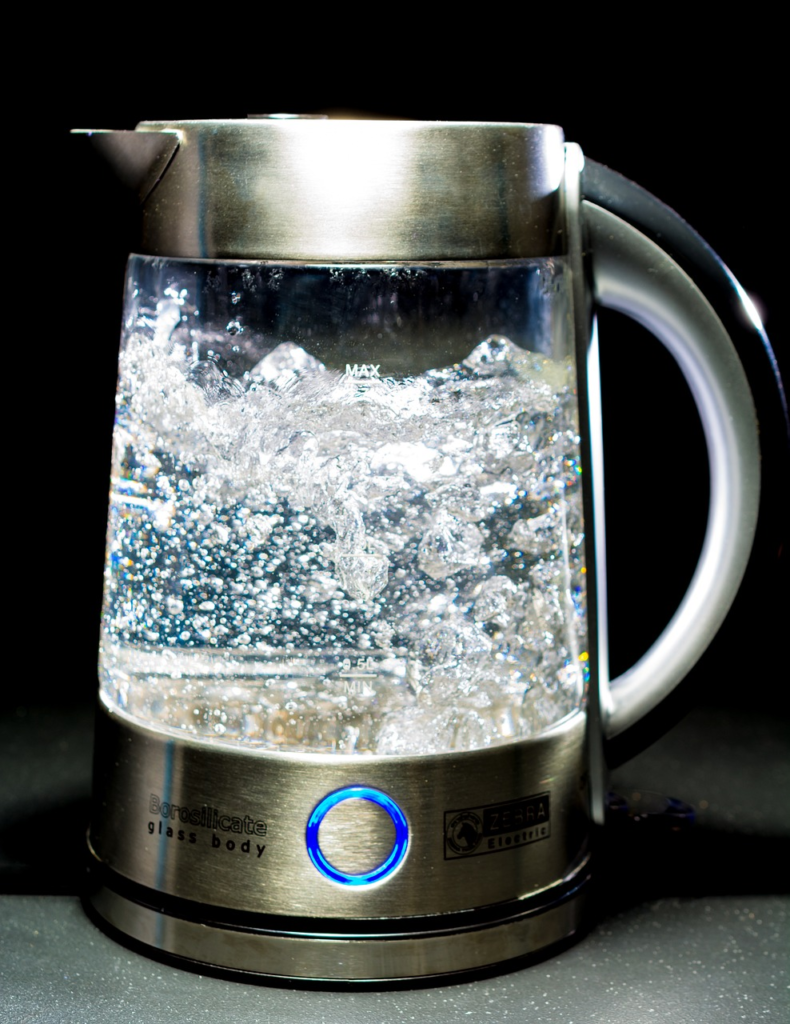
While a chilled glass of ice water might seem refreshing, it’s important to understand that drinking cold water can actually have several negative effects on your body. Here’s why you might want to reconsider reaching for that cold drink:
How Cold Water Affects Your Body
- Nutrient Absorption Issues: Your body is naturally set to a temperature of around 37 degrees Celsius. When you consume very cold water, your body needs to expend extra energy to bring the temperature of the water up to match your core temperature. This process diverts energy away from digestion and nutrient absorption, which can lead to less effective digestion and a decrease in the nutrients your body can utilize from the food you eat.
- Potential for Sore Throat: Drinking very cold water can lead to the build-up of respiratory mucosa, which increases the risk of developing a sore throat. The sudden change in temperature can irritate the throat and make it more susceptible to infection.
- Increased Headache Risk: A 2001 study found that women who had experienced migraines were twice as likely to trigger a headache by consuming cold water. The sharp contrast between the cold water and your body’s natural temperature may contribute to this risk.
- Dirty Ice Concerns: Ice used in cold drinks can sometimes be contaminated with bacteria and fungus. This is a common issue even with ice made at home, where cleanliness might not always be guaranteed. Consuming these contaminated ice cubes can pose a health risk.

The Benefits of Drinking Warm Water

In contrast, warm water offers several health benefits that can enhance your overall well-being:
- Improved Digestion: Warm water helps to stimulate digestion and improve the digestive process. It can aid in breaking down food more efficiently, which allows your body to absorb nutrients better.
- Detoxification: Drinking warm water can help flush out toxins from your body. It promotes sweating and urine production, which helps to remove impurities and supports kidney function.
- Enhanced Circulation: Warm water can help improve blood circulation. This can lead to better oxygenation of cells and more efficient removal of waste products from your body.
- Soothing Effects: Warm water can be soothing and comforting, especially during colder months or when you’re feeling under the weather. It can help relax your muscles and provide relief from tension or stress.
In summary, while cold water might be tempting, warm water offers a range of health benefits that can be more supportive of your body’s natural processes. Consider switching to warm water for a more beneficial and soothing hydration experience.


